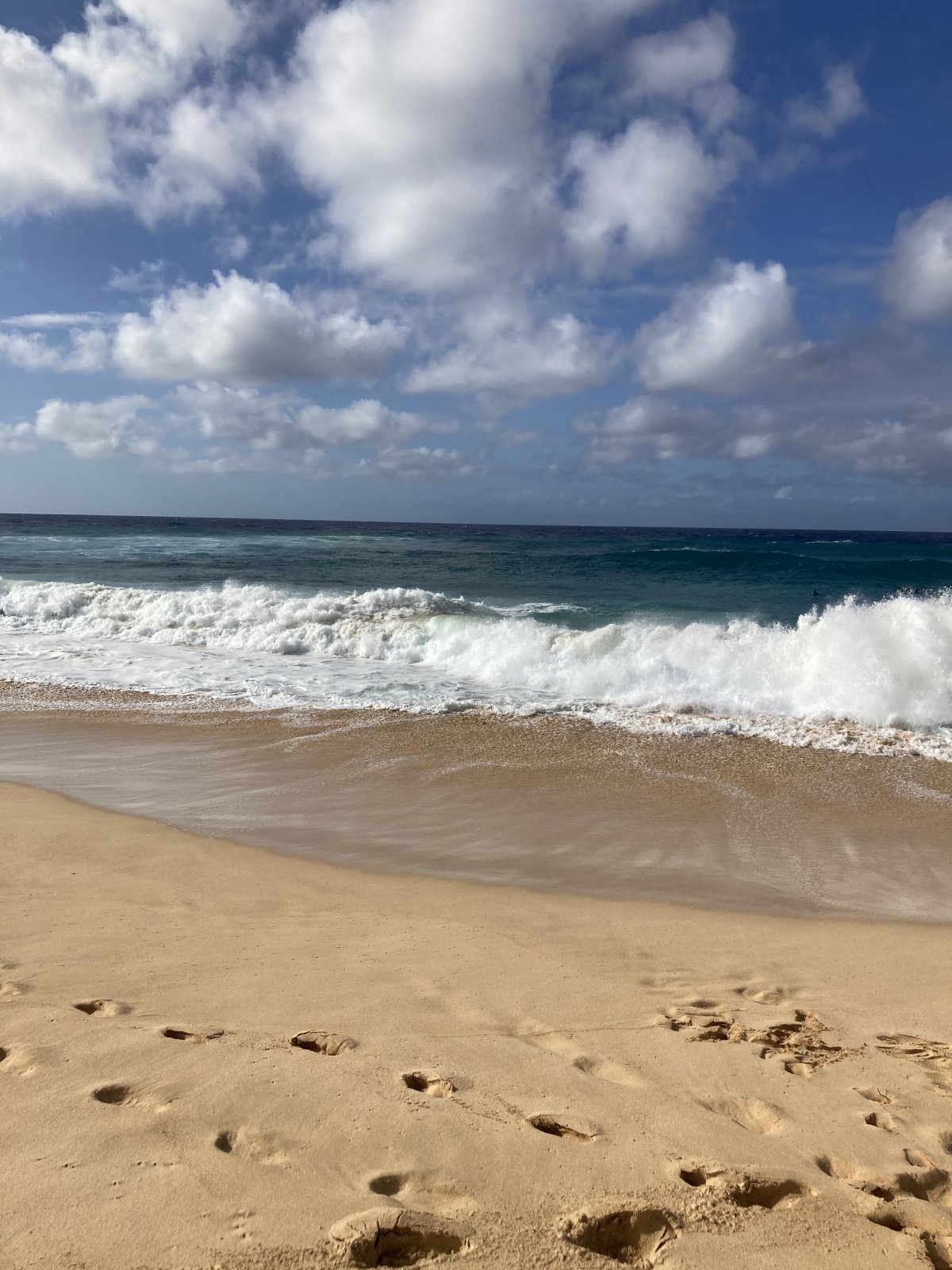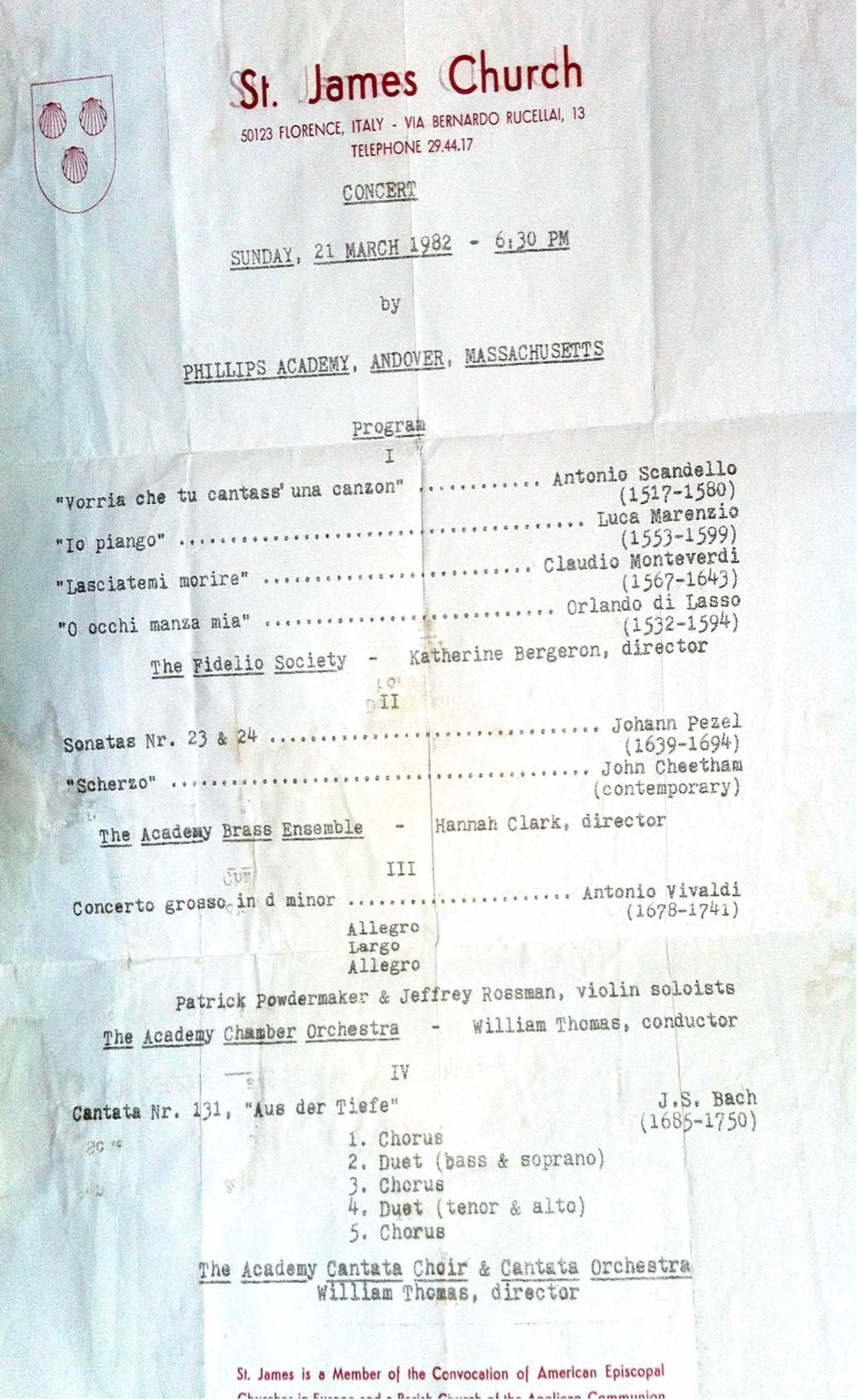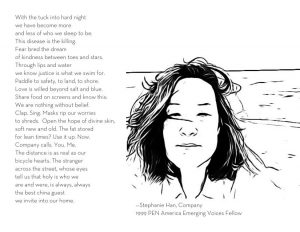Aloha,
Here we are sheltering in place. So many people are now turning to literature, poetry, and art to get through these times. By now, many have started to write, to record their thoughts and feelings about a time that is deeply traumatic, confusing, and unknown. When we have no familiarity with what we are faced with we often turn to art for solace, redemption, and hope. To that end, I thought I would post and comment about my recent completion of a poetry manuscript. I am primarily a fiction writer, but I maintain that I turn to poetry when I have no words.
Poetry gives me a way out.
OUT OF THE DEPTHS
I have linked to the poem ‘Out of the Depths’ from my unpublished poetry manuscript ‘Passing in the Middle Kingdom.’ People usually don’t break down how a poem came about, but I think it can be useful to people who want to know how and why individuals write, especially my students. Watch for a few downloadable broadsides. The ms (manuscript) is out in the world, but its future is undecided. It is complete; I believe it to be a strong piece of work as a whole; I am now free.
THIS DRAFT
This particular draft of ‘Out of the Depths’ is slightly different than the final draft, but I’ve decided to share it because the layout includes the original artwork, a choir program. I had written the poem prior to the journal’s call, but submitted it and have had a few poems published by Silver Birch Press ‘Gold Medal Hair’ and ‘Nebraska Trading Post, 1972’—their submission calls are playful, and are fun to try. The poems they published have a different tone than many I usually write as they are rooted in the recollection of my childhood and in this way, carry for me feelings that are infrequently experienced in my daily adult life.
MEMORY: THE TRUTH IS COMPELLING
‘Out of the Depths’ was written because I was sent the concert program by email. I believe, though never confirmed, that it was emailed by this very old friend in a sentimental and fond way, a gesture to not only the recipient, me, but also, I surmise, to the one who sent the program, a valentine to the young person he was at that time. A kind of do you remember? I responded with this poem, yes, I remember. Other than a rare social media post I have not seen this friend in decades, but it is amazing how someone can exist in another’s mind as unchanged, in memory, as a being who despite accomplishments, years, family, and journeys, is forever 17 or 18 years old, young, open, curious, ready to see and love and adventure with a backpack. And when I remember this, what happens is that I too recall in vivid memory, what it was to be 17, and conjure a feeling, a body, a place.
The experiences of our adolescence are often stark rainbows of raving madness, and always excruciatingly raw. These times become the dust and ocean truths that we keep in our bodies. These things, they make us who we are, who we become, what we remember. The PDF of this program sent to me across time zones and bytes, space and decades, continents and oceans had obliged me to remember, had forced me to unknowingly, both hopefully and hesitantly, catalogue and gaze upon my then present. This was difficult. The truth and illumination poetry gives us is often traumatic. Through words we swim, leap, fly parallel and perpendicular, across time and hope, follow seashell grooves from end to beginning, and discover in a grain of sand what we are meant to feel and believe. We read and write to save our lives, to find out who we are.
ORIGINS OF THE MS: PASSING IN THE MIDDLE KINGDOM
I began this manuscript in 2008, and while it went through another round of final edits in February 2020, earlier versions of the collection and individual poems are likely to be floating around in the dark backwater known as Submission-Land. This manuscript was shared and critiqued at readings and informal poetry gatherings in Hong Kong from 2010-2014. The poems were reworked dozens of times. Along the way, the ms was a semi-finalist for the Wilder Prize, and experienced plenty of rejection. Some rejections were rather cryptic (Oh, how I tried to interpret that scrawl in neat pen! Or read between the email lines!), but most rejections followed the standard No, thank you.
Musings on the ms: There was a sharp surgical removal of a huge section. My perspective shifted, and it became a different ms than I had originally intended, although its intention back then, was unknown to me, which I think was why it took me this long to complete it. It was sent out before it was done. But at the time, I had no idea the ms was incomplete. Perspective shifts.
Now I see it was originally begun to make sense of the feelings and events that arose as a result of my life in a small rural village outside of Hong Kong. Poetry gives words to our inexplicable emotional selves and the sensations that this inner life suggests and reflects. My years during the writing of this first draft of the manuscript were complicated. I experienced the birth and collapse of my ideas of family, life, and the self. It was the upending of home and the questioning of how we construct place and belonging. I reassessed nation and community, pondered tribalism and patriarchy. I was obliged to confront how we live with memory, future, and imagination, forced to reassess how culture determines and refracts our being, and probe how we seek and lose.
It was a period of time both joyful and brutal. I realize now that I kept thinking that if I would write it in X way, then X would transpire in my real, not written life. I wrote to knit my life, and in doing so, I saved my life. This is the myth the writer must always face: we write our story, but once we write, the story often runs away and goes on without us. The words exist. We must save ourselves.
A WRITER’S IDENTITY
Initially, from 2008-2010, the poetry ms was a way for me to retreat from an identity. I was very discouraged. My fiction book had been rejected so many times I was starting to wonder if something was deeply wrong with this entire idea of dedicating my life to writing, to words, to stories. When I first landed in this tiny village, I didn’t tell anyone I was a writer for several months. It is quite easy to do this if you are a parent, in particular, a mother. The role of motherhood is labor intensive and if you have a young child, especially a baby, no one really asks what you do other than take care of your child.
Students made me reclaim my identity. When they wrote, I too began to write—this poetry ms. The poems were the first that I had written since 1994. I had received a grant for the Los Angeles Department of Cultural Affairs to write a chapbook L.A. (Lovers Anonymous) a work I classify now as juvenilia. It was then that I began to claim my identity as a writer. To add, writing, often when it comes to women, does not link to chronological time in the same way, so I was by no means a juvenile (under 21) when I wrote it. Coming back to poetry, then, was a recognition of what brought me to writing to begin with. It’s a good feeling, really.
POETRY AND LIFE
Life is and is not the first draft. It is the final draft in every action, but we must understand we have many final drafts and so it is, in that sense, a numbers game. Don’t save up to live. Write the poem. Rewrite it. Redraft it. Write many poems. Toss some out. Keep some. Forget some. Find some. There are many poems for they are snapshots, moments and thoughts. The final draft of any poem, of any artwork is really your own life, and you are faced with this life long after any single poem is complete. We will continue on until the very end, and then the poem, the song, the art magically takes over and our body disappears. It’s a partner dance. When you live your life in a way that prioritizes the creation of new ideas and forms of words, when you embrace what will be and question what is, you set yourself up for a life of complexity, of art, of seeking. When we write we create worlds, we speak to futures, we make ourselves into being.
SEERS: WRITERS AND WRITING
Arthur Miller stated a version of this: Writers function as seers. Or in a less daunting proposition: the role of seer is one we writers should aspire to. But I extend that to those who do not consider themselves writers in the formal sense, but those who dare to author their vulnerable selves into being. Seers are blind, threatened with death, peculiar in appearance or craft, beset by gifts and threats and all manner of problems that arise as others shun, embrace, pretend indifference or are indifferent to what they say. Seers die as everyone else, come into the world as everyone else, and should you wear the badge of seer, it is true, you really do know it.
Oscar Wilde states: “The past is of no importance. … For the past is what man should not have been. The present is what man ought not to be. The future is what artists are.” The task then, is to see and to cultivate the skill and courage to speak what needs to be said, and what we desire to say. The artist is the future; the artist embodies a new way of being. Artmaking is a compulsion, not a choice. You know you are meant to create, if for no other reason that you cannot seem to stop this will to not simply feel, but to express this feeling. Then incomprehensibly to many, if not your own self, you summon a belief, a strange faith that this task must and will fall into place. It always does, but perhaps not in the way that you had initially conceptualized.
WHY WRITE?
I have written into my future and written into my past. In the case of this manuscript, I was trying to write into a certain kind of future, to rationalize a previous present. The journey of this manuscript is so very obvious to me now. In willful obstinance, I did not understand that writing can change everything, but maybe not what we want to change. We are not always the author of the story we want to change. We can only author our own story, sing our own lyrics. Love and writing and home and dreams are forever linked. It is the mad dance of swirling through time. Linked. Found. Lost
Like many people, I write poetry when feelings don’t have a linear path that I am interested in tracing or that I am capable of tracing: I write poetry when I have no words. I write prose when I need and want to create a space or world to be in, to explain something to myself, to others, to something or someone—time is not linear necessarily when I write stories as it is often simultaneously past or present, but there does seem to be a driving need to make sense of what is at stake, if that makes sense. I arc it and give it a structure, drape the ideas or dig a hole and drive the steel into the ground in order that the building stands.
This is artmaking reflection; you will have to discover your own process.
We create the story of our lives.



 Aloha,
Aloha,